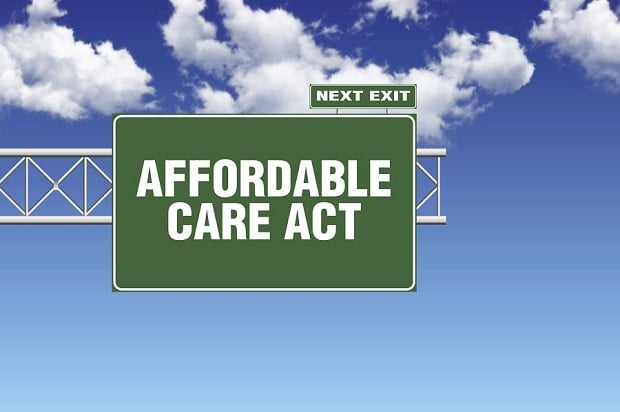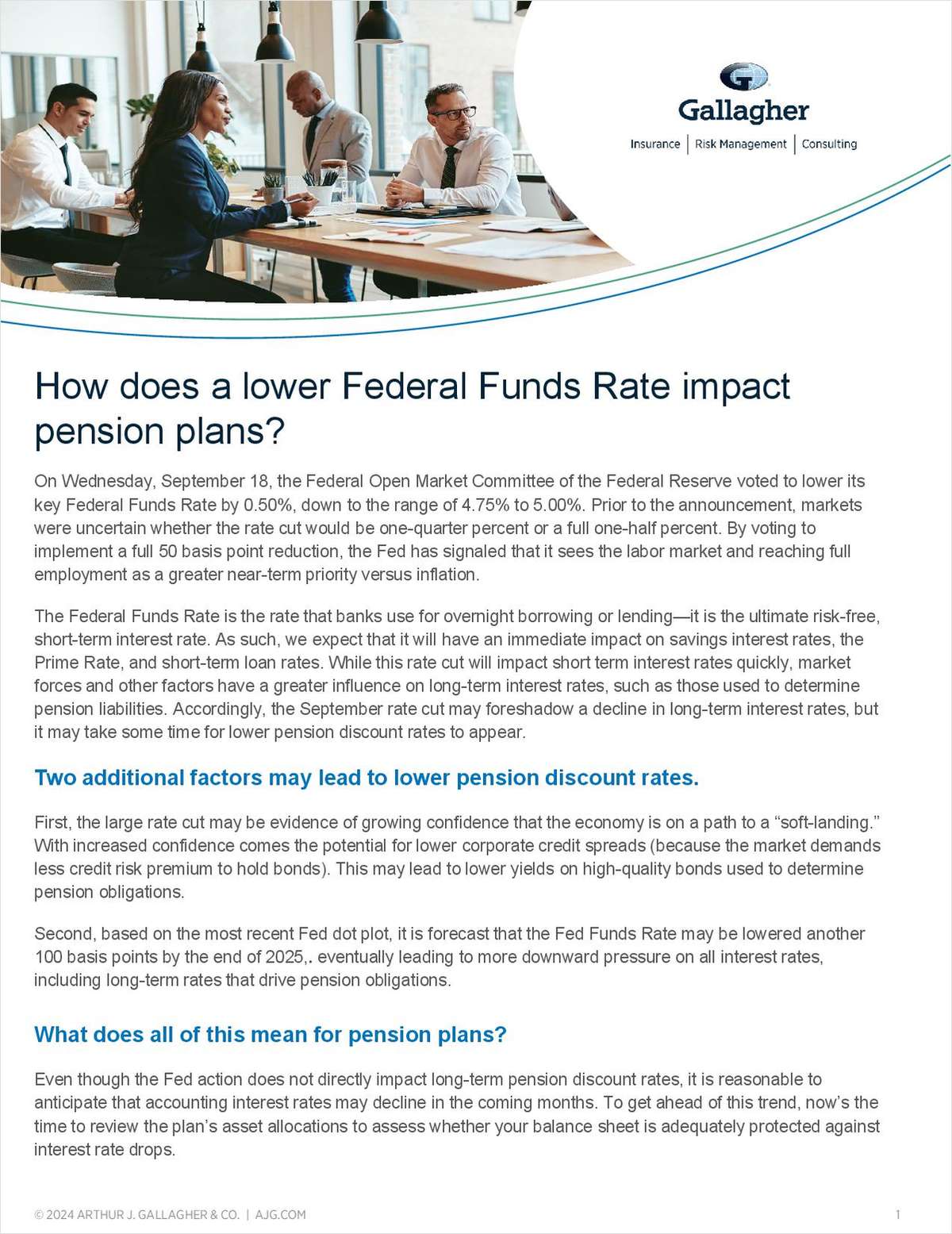The advent of health care reform coincided with a significant reduction in the number of Americans who report that they have trouble paying their medical bills.
A survey of non-elderly U.S. adults in March 2015 found that 17.3 percent of adults said they had trouble paying for medical bills and thus forego some basic health care components. That’s down from 22 percent in September 2013—which translates into an estimated 9.4 million people.
The survey was conducted by the Urban Institute, armed with funding from itself and the Robert Wood Johnson Foundation.
The researchers admit that they don’t know how much of the decline can be attributed to the reform act insurance as the economy improved significantly during the study period (September 2013-March 2015). However, the study concludes, the availability of affordable coverage clearly had an effect on the numbers.
The gains in the numbers of those who could afford to pay their bills were seen in Medicaid expansion states and states that decided not to expand Medicaid, as permitted in the reform act.
In the expansion states, the percent who couldn’t afford coverage fell from 20.5 percent to 15.4 percent. In non-expansion states, the dip was still significant, as the percentage fell from 24.6 percent to 20.4 percent.
The usual reasons — low income and high deductible coverage — continued to characterize those who had trouble paying medical bills: 24.4 percent of those with incomes at or below 138 percent of the federal poverty level had trouble paying, compared to 14.4 percent of those with incomes above the threshold.
Those who had trouble with their bills tended to go without dental care or didn’t buy prescription drugs, both basic medical care components.
The researchers said expanded access to affordable health care should continue to reduce the number of those who cannot afford complete medical care. But it won’t completely eliminate the pressure families will feel when the insurance or hospital bills arrive.
“It’s encouraging to see that fewer families report problems with medical bills, but at the same time it’s very clear that health insurance does not provide immunity from financial distress,” said Kathy Hempstead, who leads coverage issues at the Robert Wood Johnson Foundation. “Affordability remains our biggest health care challenge – affecting both enrollment in coverage as well as access to care for those who are covered.”
Complete your profile to continue reading and get FREE access to BenefitsPRO, part of your ALM digital membership.
Your access to unlimited BenefitsPRO content isn’t changing.
Once you are an ALM digital member, you’ll receive:
- Breaking benefits news and analysis, on-site and via our newsletters and custom alerts
- Educational webcasts, white papers, and ebooks from industry thought leaders
- Critical converage of the property casualty insurance and financial advisory markets on our other ALM sites, PropertyCasualty360 and ThinkAdvisor
Already have an account? Sign In Now
© 2024 ALM Global, LLC, All Rights Reserved. Request academic re-use from www.copyright.com. All other uses, submit a request to [email protected]. For more information visit Asset & Logo Licensing.








